Nigerian President Muhammadu Buhari receives a phone call from Katsina state Governor Aminu Bello Masari who is briefing him on the rescue mission of the abducted students of the Government Science Secondary School, in Daura, Nigeria in this handout picture obtained by Reuters on December 17, 2020. Nigeria Presidency/Handout via REUTERS
Hello, subscribers — if the number you are calling is not switched off, you will soon pay a higher tariff.
This is because President Muhammadu Buhari has approved the collection of five per cent as excise duty on telephone recharge cards and vouchers, TheCable understands.
The charge is part of new items on the list of goods liable for excise duty on the Finance Act in the country.
Excise duty is a levy charged at the time of manufacturing. It is also a form of indirect tax on the sale or consumption of certain goods, products, services or activities such as tobacco, alcohol, narcotics, gambling etc., mainly to discourage their use and consumption. Nigeria’s Finance Act has extended the list to include beverages, non-alcoholic drinks etc.
Advertisement
According to a circular seen by TheCable, Zainab Ahmed, minister of finance, budget and national planning, directed the Nigerian Customs to create a tariff line for the collection of the excise on mobile telephones, electricity meters (components) and set up boxes at five per cent.
TheCable learnt that the federal government is expected to raise at least N150 billion from the duty while customs will pocket about 10 billion, a 7 per cent collection fee.
The circular conforms with another list of excisable items by customs to include telephone recharge cards and vouchers at five per cent.
Advertisement
TheCable also understands that the collection was part of new items on the 2020 Finance Act signed by President Buhari. Although no rate was not stated, it is clear that the president might have okayed the collection of the duty at five per cent as empowered to do by the Act.
Section 21 (1) of the Act describes goods liable to excise duty as “Goods imported and those manufactured in Nigeria and specified in the first schedule of this Act shall be charged with duties of excise at the rate specified under the duty column in the Schedule.
Subsection 2 further added that “telecommunication services provided in Nigeria shall be charged with duties of excise at the rate specified under the duty column in the Schedule as the President may by Order prescribe pursuant to section 13 of this Act”.
In the current (2021) finance act, a new section was inserted to include “excise duty on non-alcoholic, carbonated and sweetened beverages shall be charged at a specific rate of N10 per litre”.
Advertisement
The new 5 per cent levy on recharge cards will increase call costs and add to other taxes levied on telcos operating in the country. Some of these levies include the right of way charges, National Information Technology Development Fund Levy, National Cybersecurity Fund, and Annual Operating Levy in addition to existing statutory taxes like tertiary education tax, companies income tax, and value-added tax.
On Wednesday, telecommunication companies under the Association of Licensed Telecom Operators of Nigeria (ALTON) asked for upward reviews in voice calls, short message services (SMS) and data costs. In a recent letter addressed to the Nigerian Communications Commission (NCC), ALTON cited the rising energy costs and high operating expenses as major reasons.
1 comments
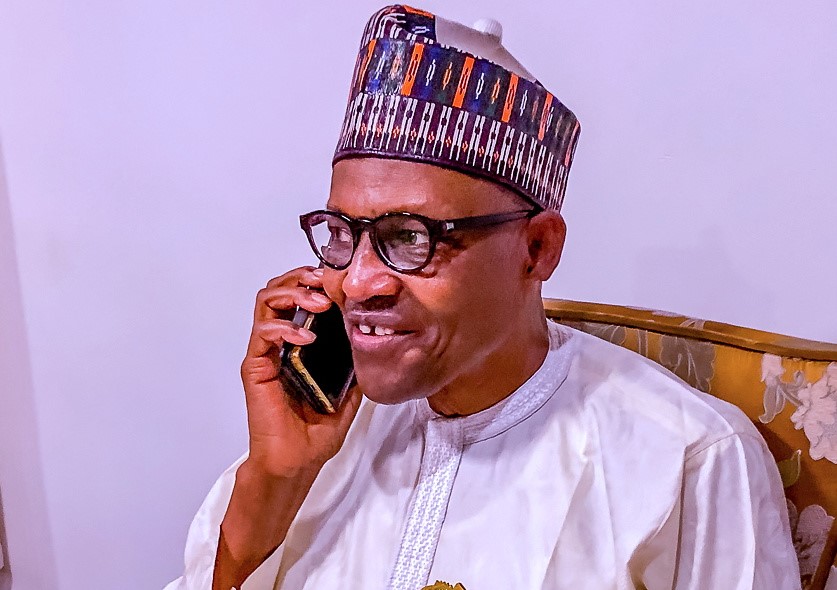
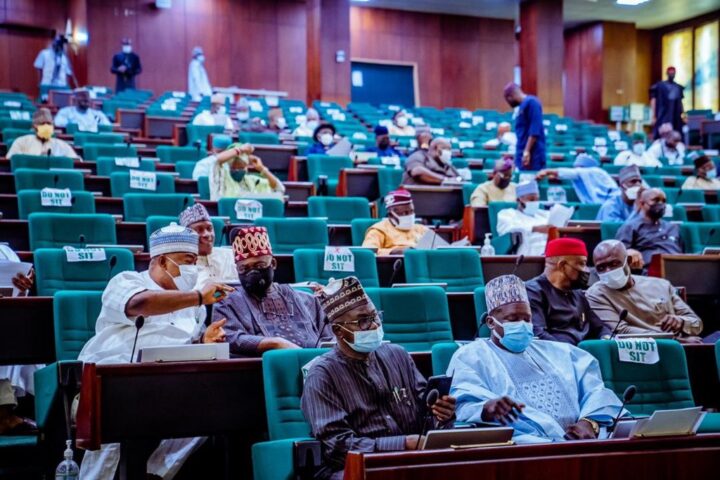
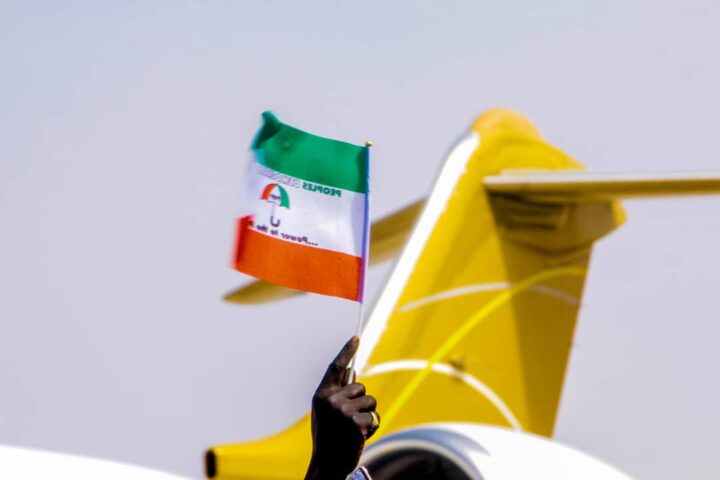
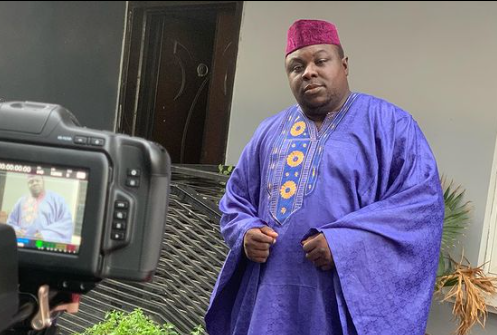
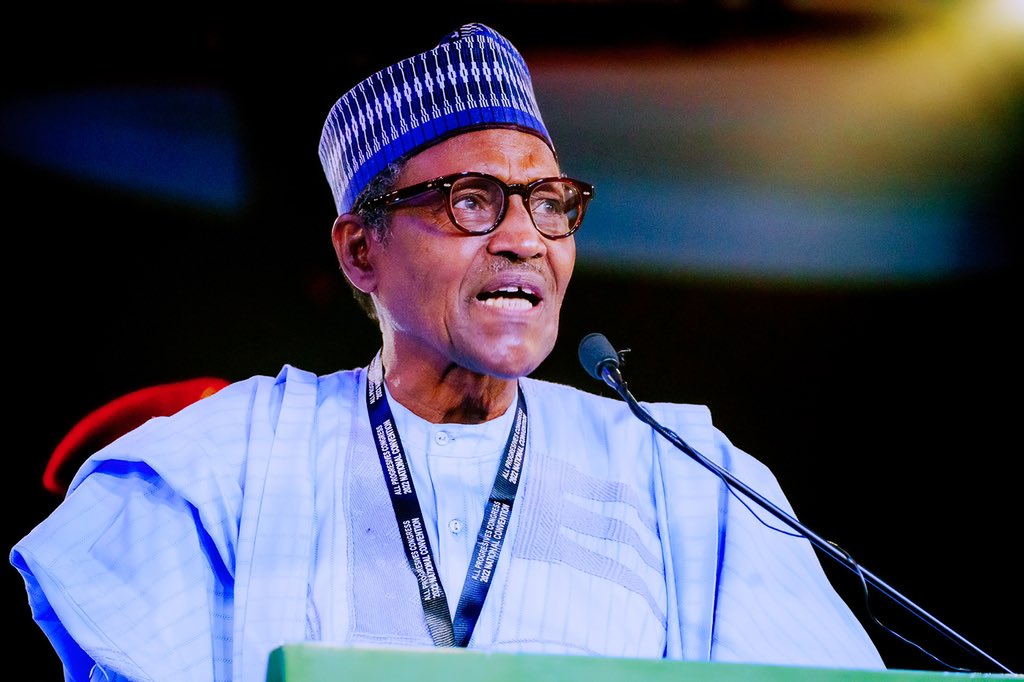

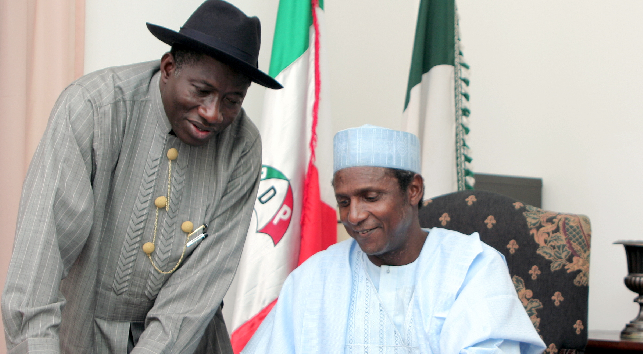
Recharge cards & vouchers are subject to excise duty of 5% in addition of VAT.
What about direct recharge online? Probably direct recharge would increase.